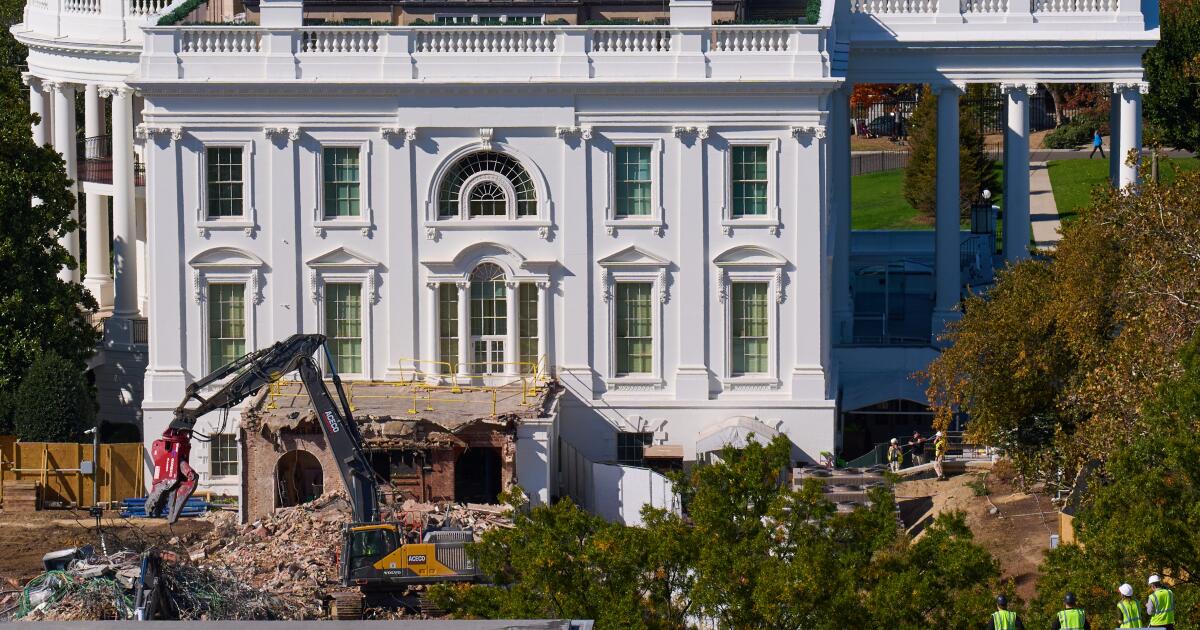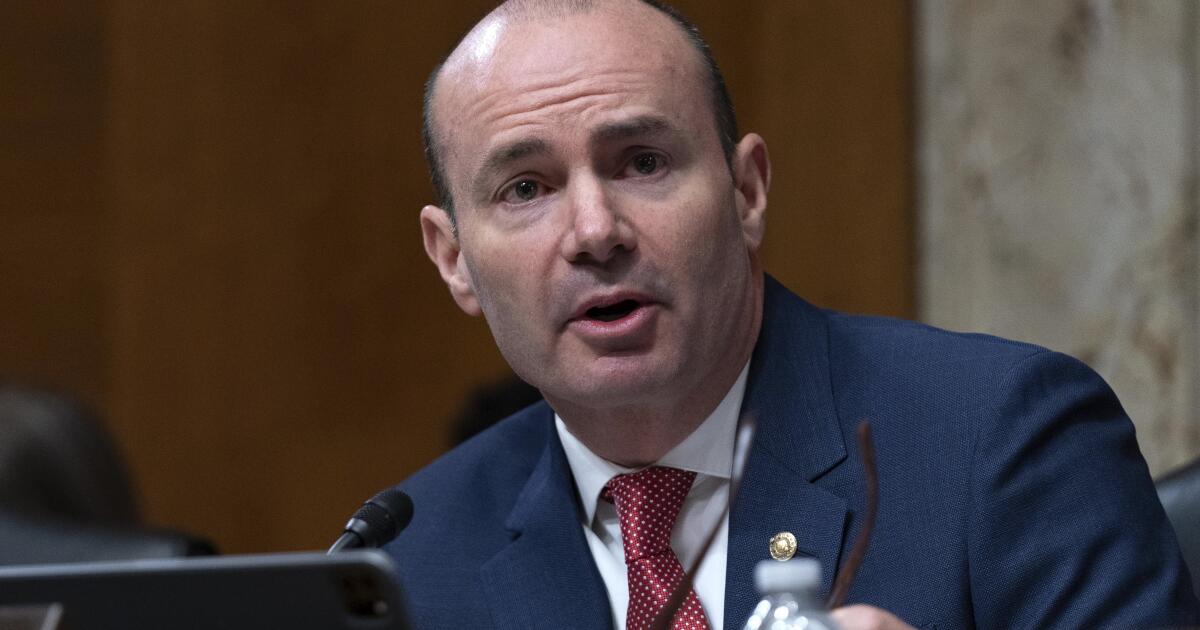BILLINGS, Mont. — More than 2 million acres of federal lands would be sold or transferred to states or other entities under a budget proposal from Utah Republican Sen. Mike Lee, reviving a longtime ambition of Western conservatives to cede lands to local control after a similar proposal failed in the House.
Lee, who chairs the Energy and Natural Resources Committee, included a mandate for the sales in a draft provision of the GOP’s sweeping tax cut package released Wednesday.
Sharp disagreement over such sales has laid bare a split among Republicans who support wholesale transfers of federal property to spur development and generate revenue, and other lawmakers who are staunchly opposed.
A spokesperson for Montana Sen. Steve Daines said Thursday that he opposes public land sales and was reviewing the proposal.
Montana Rep. Ryan Zinke, who served as interior secretary in President Trump’s first term and led the effort to strip land sales out of the House version, said he remained a “hard no” on any legislation that includes large-scale sales.
Most public lands are in Western states. In some such as Utah and Nevada, the government controls the vast majority of lands, protecting them from potential exploitation but hindering growth.
Lee’s proposal does not specify what properties would be sold. It directs the secretaries of interior and agriculture to sell or transfer at least 0.5% and up to 0.75% of U.S. Forest Service and Bureau of Land Management holdings. That equals at least 2.2 million acres and up to 3.3 million acres.
The Republican said in a video released by his office that the sales would not include national parks, national monuments or wilderness. They would instead target “isolated parcels” that could be used for housing or infrastructure, he said.
“Washington has proven time and again it can’t manage this land. This bill puts it in better hands,” Lee said.
Conservation groups reacted with outrage, saying it would set a precedent to fast-track the handover of cherished lands to developers.
“Shoving the sale of public lands back into the budget reconciliation bill, all to fund tax cuts for the wealthy, is a betrayal of future generations and folks on both sides of the aisle,” said Michael Carroll with The Wilderness Society.
Housing advocates have cautioned that federal land is not universally suitable for affordable housing. Some of the parcels up for sale in Utah and Nevada under the House proposal were far from developed areas.
Republican officials in Utah last year filed a lawsuit seeking to take over huge swaths of federal land in the state, but they were rejected by the U.S. Supreme Court. Twelve other states backed Utah’s bid.
Brown writes for the Associated Press.

